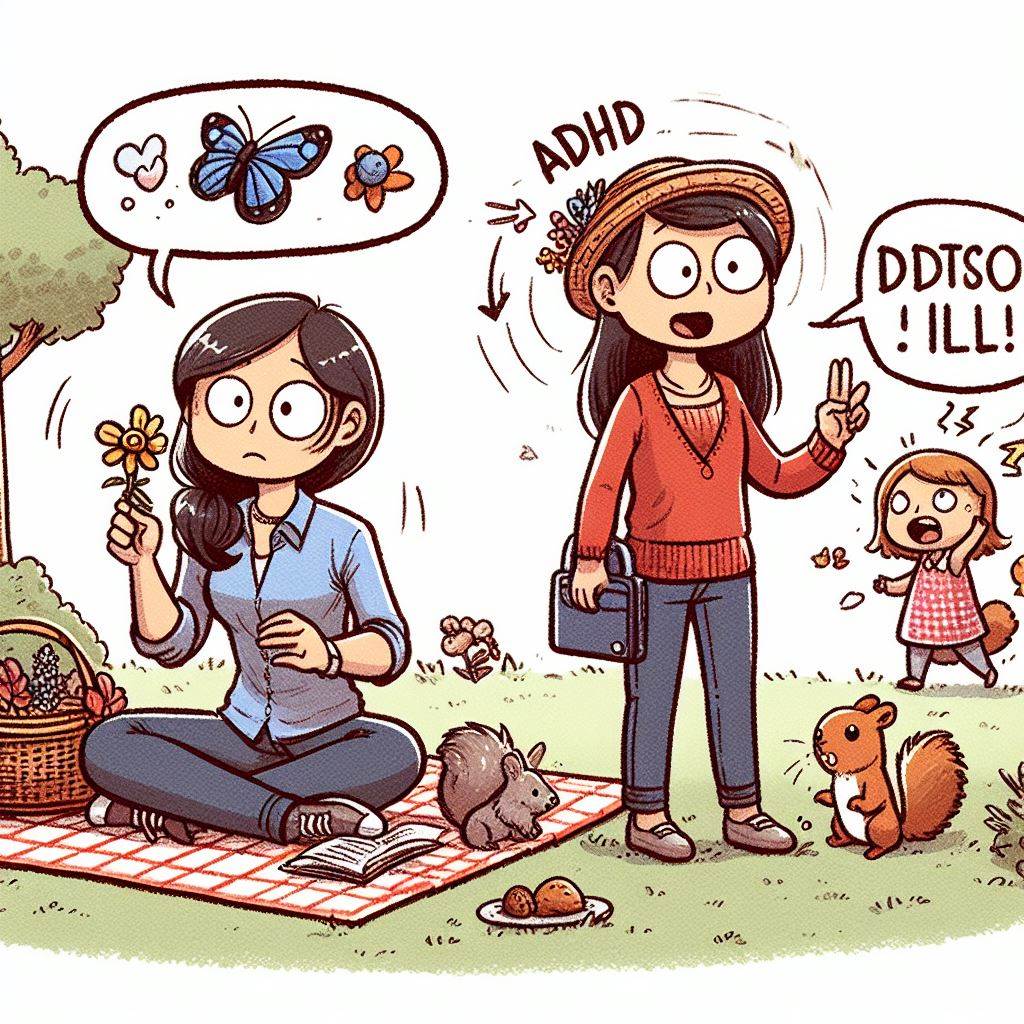Attention Deficit Hyperactivity Disorder (ADHD) can have a significant impact on relationships, affecting interactions with family members, friends, and romantic partners. The symptoms of ADHD, such as distractibility, impulsivity, and hyperactivity, can create unique challenges and misunderstandings in interpersonal dynamics. However, with awareness, understanding, and targeted strategies, individuals with ADHD and their loved ones can build stronger, more fulfilling relationships.
Challenges in Relationships
- Communication Difficulties:
- People with ADHD may struggle with active listening, staying on topic during conversations, or may interrupt others, leading to misunderstandings or feelings of being undervalued.
- Impulsivity and Emotional Regulation:
- Impulsive behaviors and difficulties in regulating emotions can lead to unpredictable reactions, conflicts, or hurt feelings. This can strain relationships, particularly if actions or words are perceived as thoughtless or insensitive.
- Forgetfulness and Inattention:
- Forgetting important dates, tasks, or failing to follow through on commitments can be interpreted as a lack of care or interest, even when this is not the intention.
- Difficulty Managing Time and Responsibilities:
- Challenges with time management and organization can affect shared responsibilities within relationships, leading to frustration and resentment.
Strategies for Nurturing Relationships
- Open Communication:
- Establishing a habit of open, honest communication is vital. Discussing ADHD openly can help both parties understand the challenges and behaviors associated with the condition.
- Education and Awareness:
- Both individuals in the relationship should educate themselves about ADHD. Understanding the condition can foster empathy and patience, and debunk common misconceptions.
- Setting Realistic Expectations:
- It’s important for both partners to set realistic expectations about each other’s abilities and challenges. This involves acknowledging the limitations imposed by ADHD and adjusting expectations accordingly.
- Strategies for Managing Symptoms:
- Implementing strategies to manage ADHD symptoms, such as organizational tools, reminders, and routines, can help mitigate some of the challenges in relationships.
- Seeking Professional Support:
- Couples therapy, or individual therapy for managing ADHD, can provide strategies for improving communication, emotional regulation, and understanding. A therapist can also offer personalized strategies to cope with the unique challenges ADHD brings to relationships.
- Building on Strengths:
- Focusing on the strengths and positive attributes each partner brings to the relationship can help balance the challenges. Many individuals with ADHD have qualities such as creativity, enthusiasm, and the ability to think outside the box that can enrich relationships.
- Developing a Support System:
- Cultivating a supportive network of friends, family, and professionals can provide both partners with resources, advice, and relief when needed.
- Patience and Forgiveness:
- Patience and forgiveness are crucial in any relationship but are especially important when one partner has ADHD. Recognizing that many challenges are not the result of negligence or indifference but are symptoms of ADHD can foster understanding and compassion.
Conclusion
ADHD can present challenges in relationships, but with informed strategies and a commitment to understanding and support, these relationships can thrive. Emphasizing communication, patience, and mutual support can lead to deeper, more meaningful connections, allowing both individuals to navigate ADHD’s complexities together.

